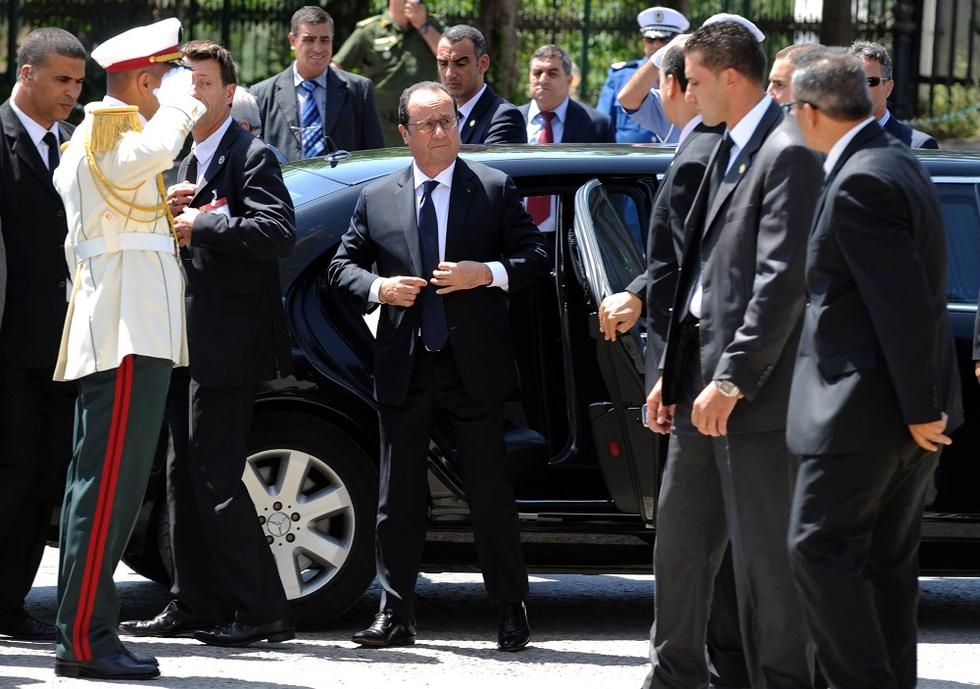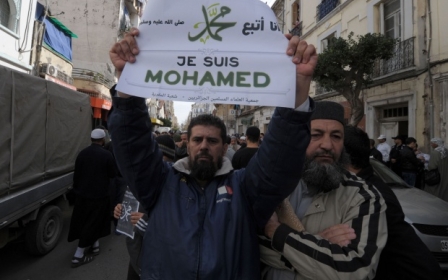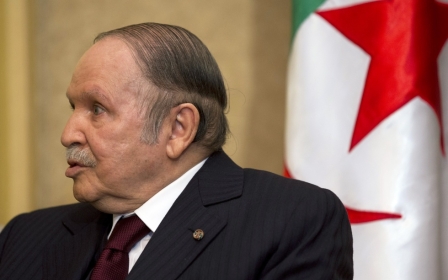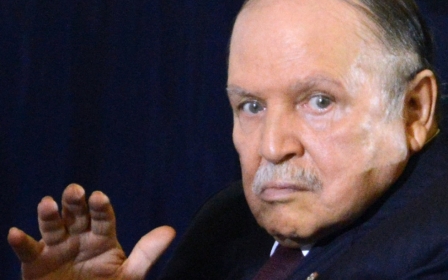Mali, Libya crises to top agenda as Hollande visits Algeria

French President Francois Hollande heads to Algeria on Monday as the two nations, once bitter foes, work ever closer to resolve the political turmoil and militant threat in Mali and Libya.
The trip will be Hollande's second to Algiers since a 2012 visit during which he recognised France's century of "brutal" rule over the Algerian people which ended in a bloody independence war.
While some prickly issues remain between the two countries - such as Hollande's refusal to apologise for crimes under colonial rule - the mutual concern over the growth of militant groups in north Africa has taken the upper hand.
Algeria shares a border with Mali's north, which is still fragile after a French-led operation in 2013 ousted militants who had seized the upper half of the west African nation.
While French troops patrol northern Mali, Algiers has mediated a peace accord between Mali's main Tuareg-led rebel groups and Bamako which will be signed on 20 June and is aimed at bringing some stability to the region.
Algeria has also hosted talks between rival political factions from chaos-torn Libya - with which it also shares a long border.
The energy-rich north African nation is eager to see peace in its neighbourhood, and with France running counter-terrorism Operation Barkhane in five countries in the Sahel region - three of which border Algeria - Hollande and his Algerian counterpart will have plenty to discuss.
The French leader will hold talks with President Abdelaziz Bouteflika and Prime Minister Abdelmalek Sellal on his visit.
"Clearly, for France, security issues have taken the upper hand," said Pierre Vermeren, a specialist on the Maghreb region.
"Algeria is also one of the main actors in stabilising the situation in Libya along with the UN, and obviously France is counting on its capacity for mediation," he said.
Ties 'unrivalled'
The defrosting of ties between Paris and Algiers in recent years comes half-a-century after French forces brutally cracked down on Algerians fighting for independence in a 1954-62 war that left some 1.5 million Algerians dead.
The topic has remained a deep wound between the countries who - despite their troubled past - remain closely linked with more than half a million Algerians living in France.
However, French ambassador to Algiers Bernard Emie recently said that Bouteflika described the current relations with Paris as "unrivalled".
Algeria is still dealing with the fallout from a civil war in the 1990s in which tens of thousands dead.
During the war, the Salafist Group for Preaching and Combat which later became an al-Qaeda affiliate was born. It went on to carry out attacks and kidnappings both in Algeria and across the border in Mali and Mauritania.
The group, now known as al-Qaeda in the Islamic Maghreb (AQIM) played a key role in the takeover of northern Mali in 2012.
Politically, Paris steers clear of commenting on 78-year-old Bouteflika's ill-health and the accusations his recent re-election for a fourth term was riddled with fraud.
France - whose economy is sorely in need of a boost - is also keen to win back the title of Algeria's main trade partner, which China won in 2013.
New MEE newsletter: Jerusalem Dispatch
Sign up to get the latest insights and analysis on Israel-Palestine, alongside Turkey Unpacked and other MEE newsletters
Middle East Eye delivers independent and unrivalled coverage and analysis of the Middle East, North Africa and beyond. To learn more about republishing this content and the associated fees, please fill out this form. More about MEE can be found here.




